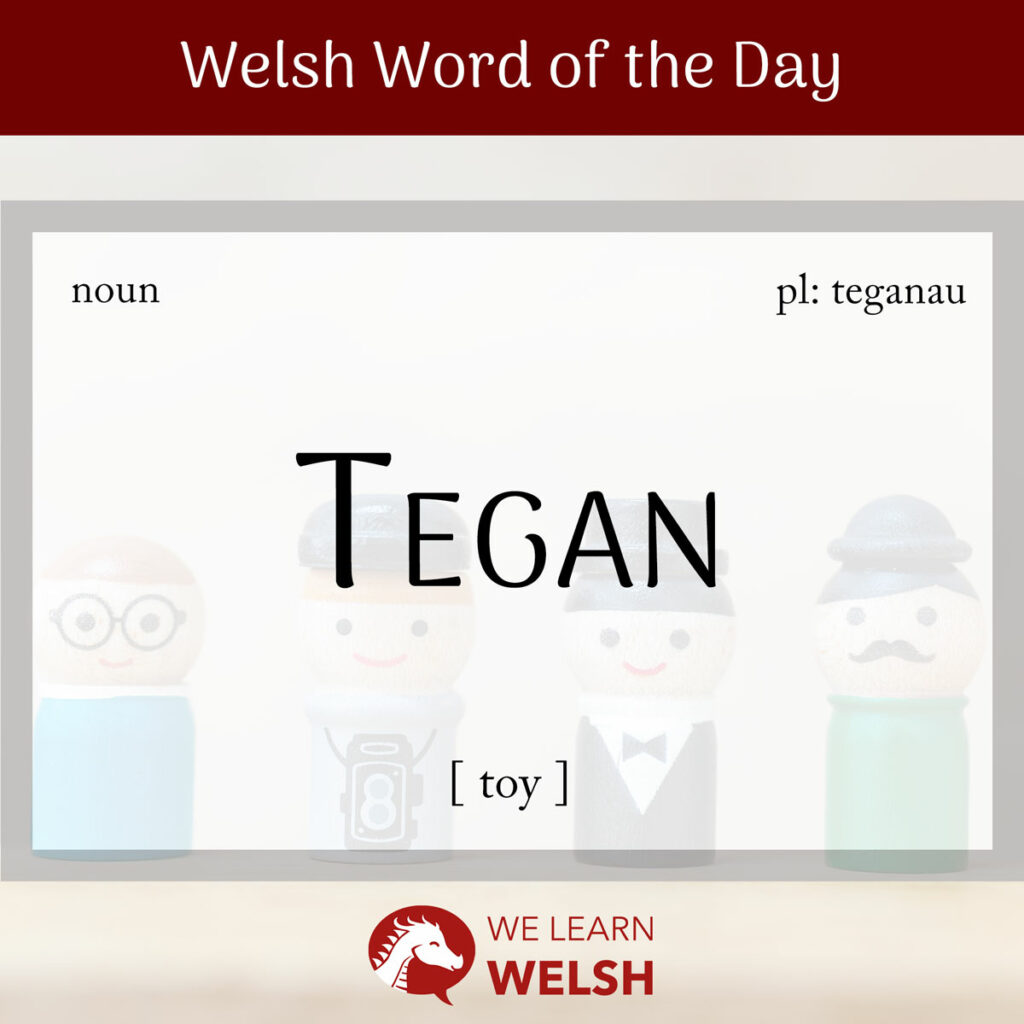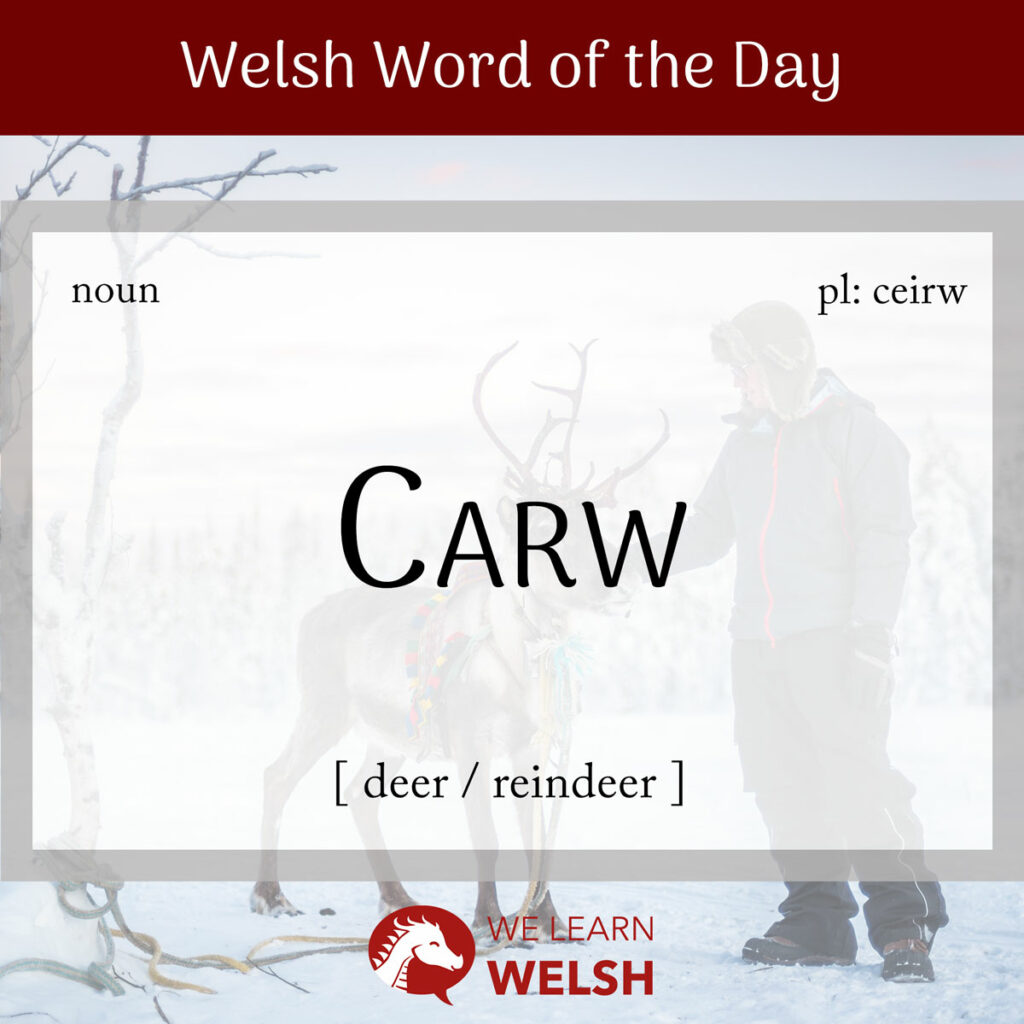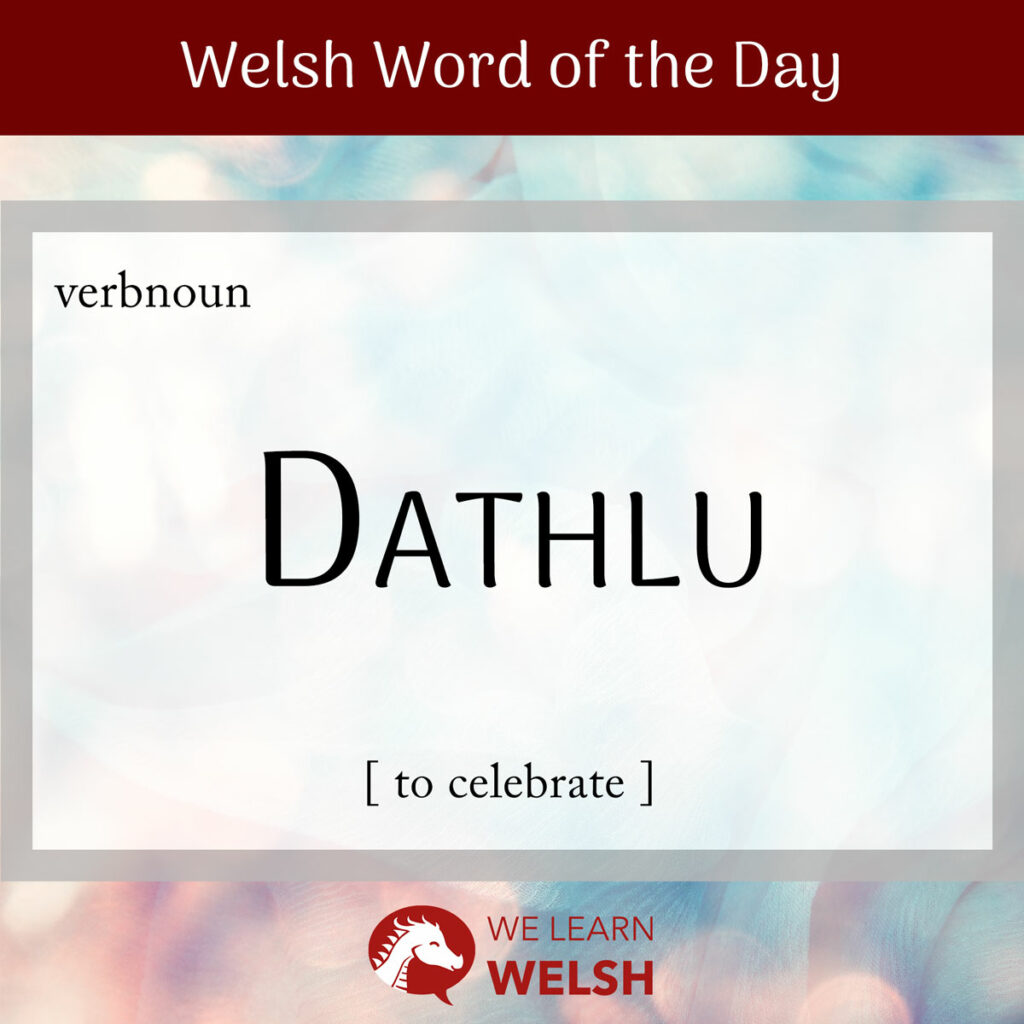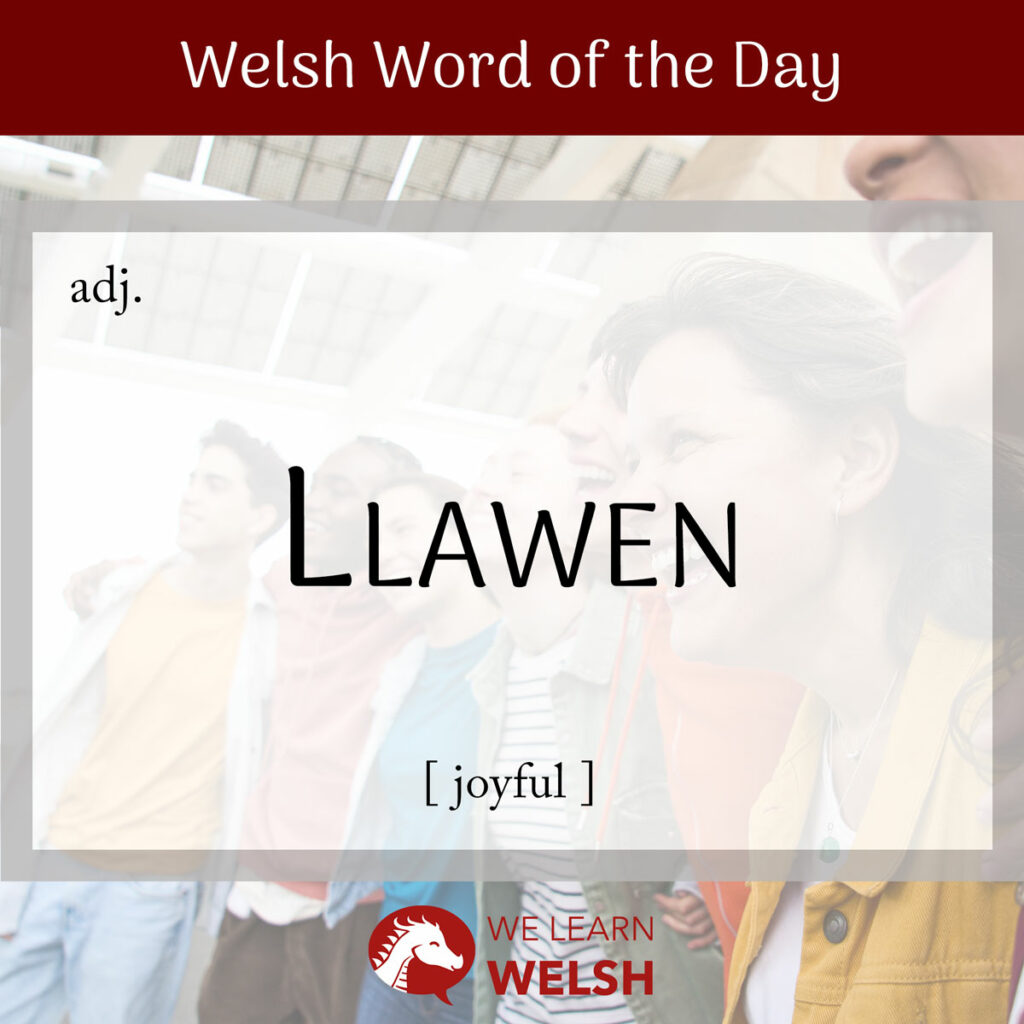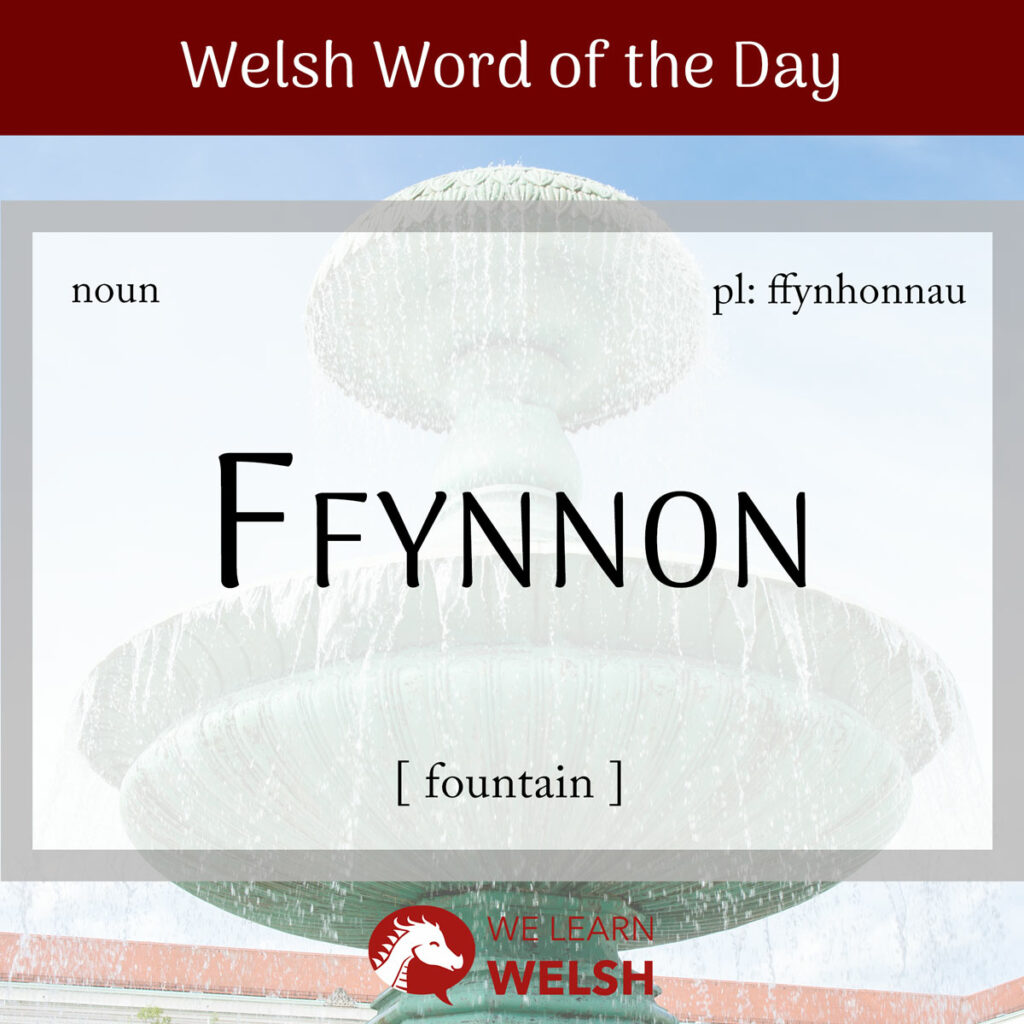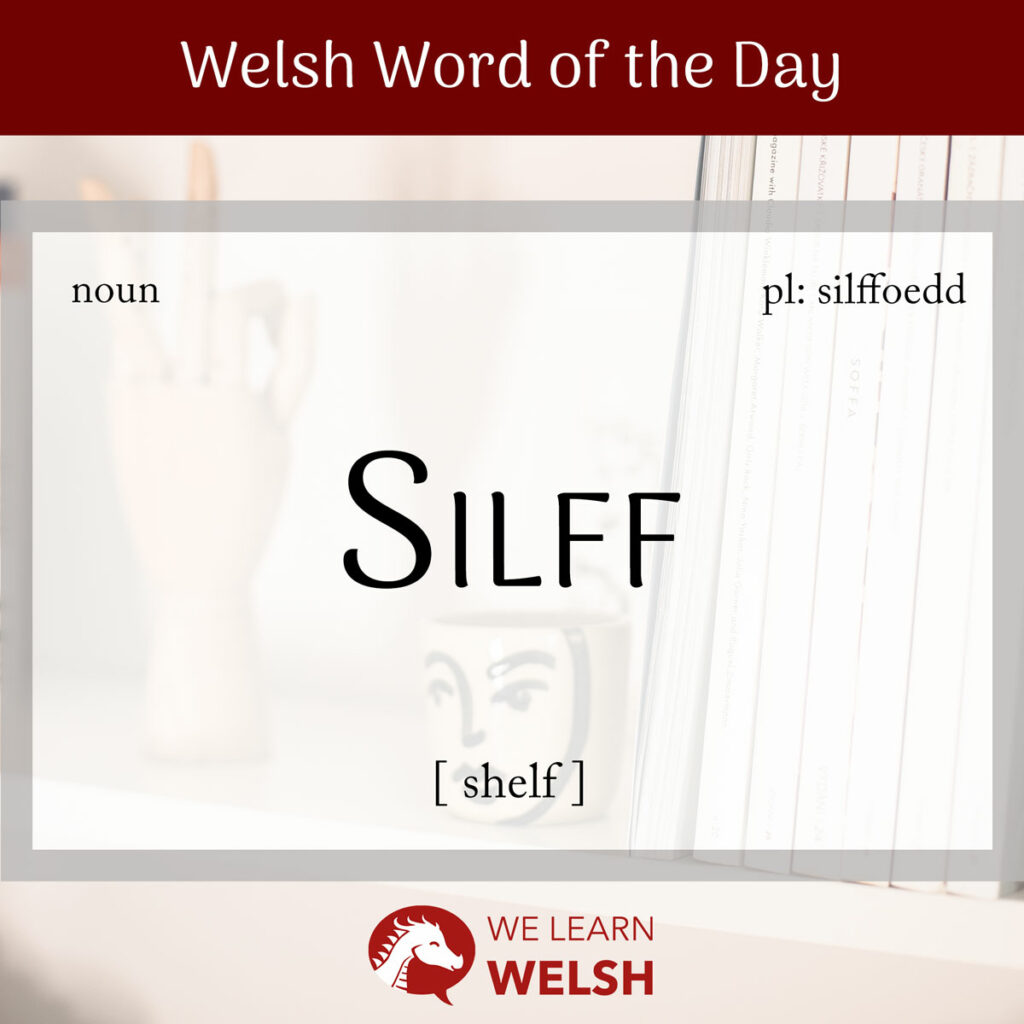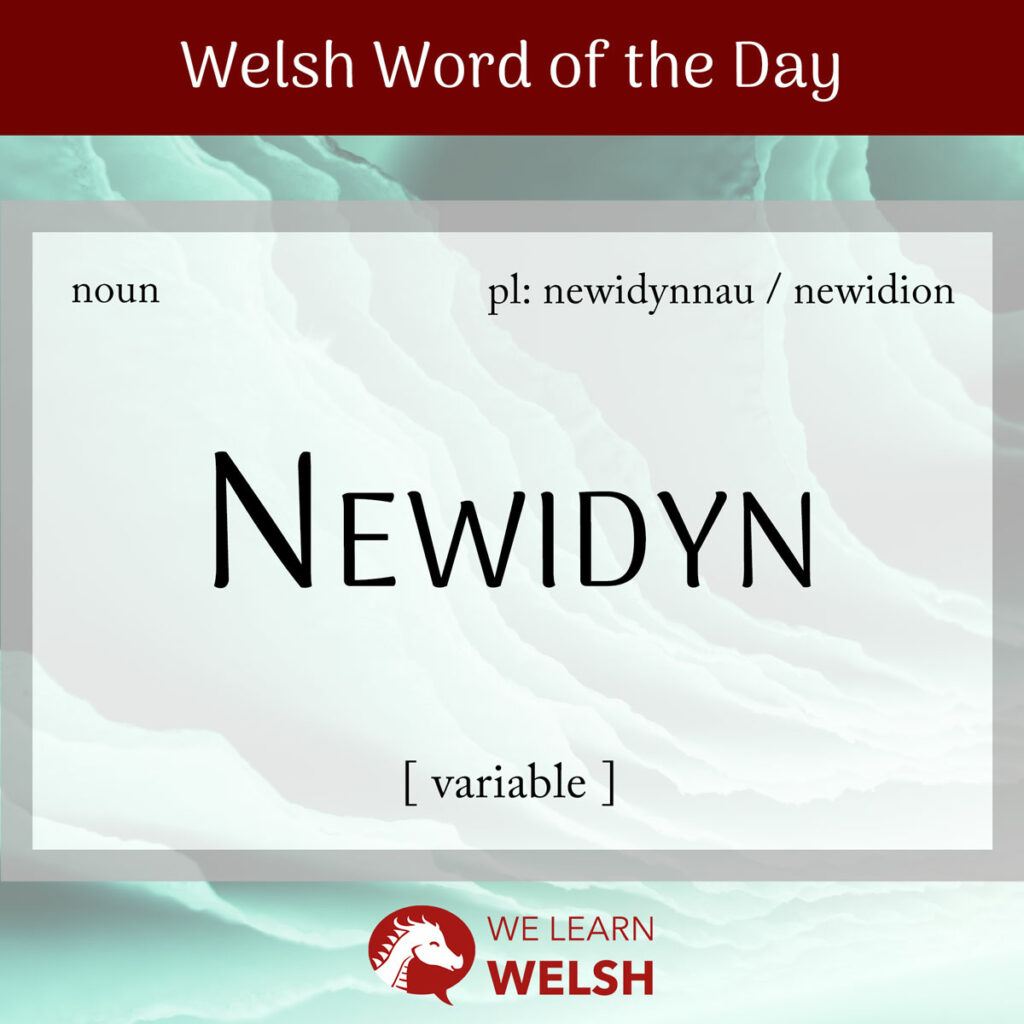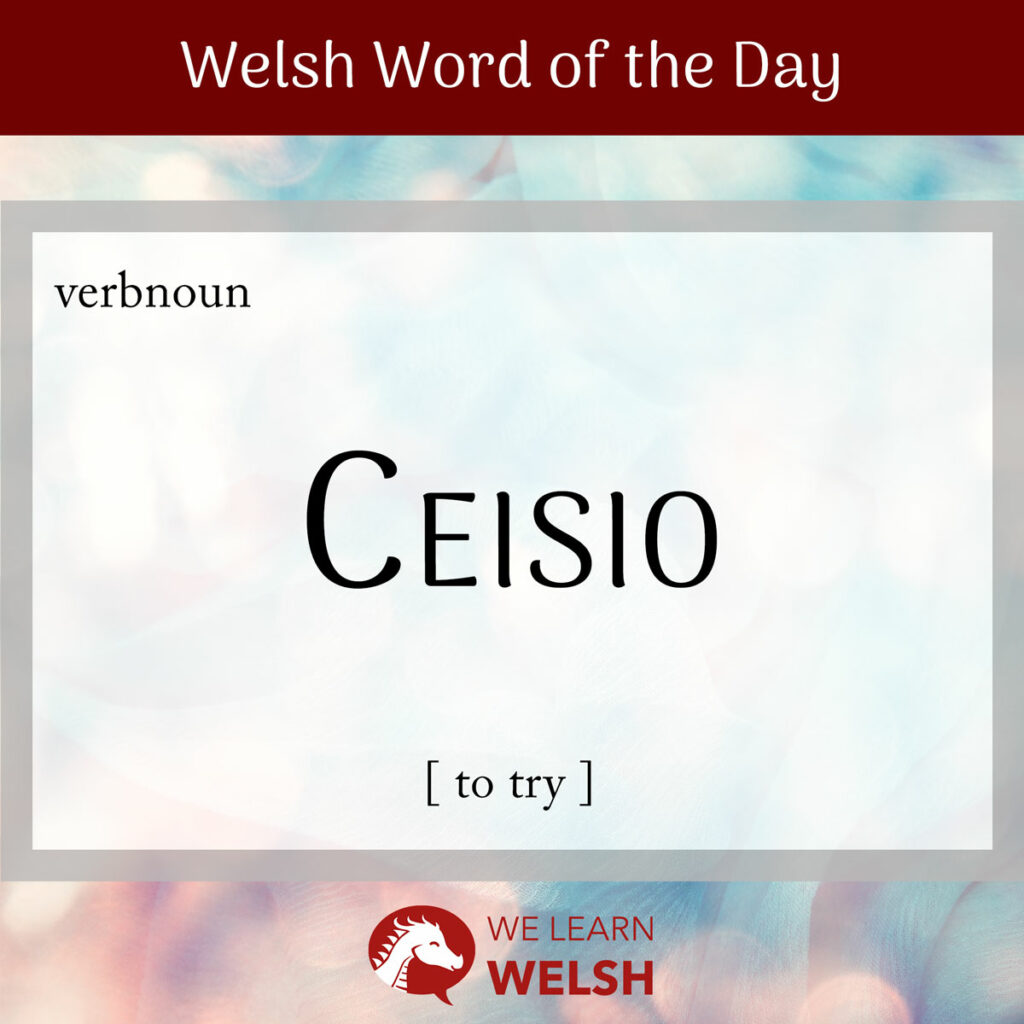Welsh Word of the Day: Tegan (toy)
What was your favourite tegan (toy) to chwarae (play) with as a plentyn (child)? Try telling me in Welsh – and if that sounds like a step too far right now, don’t worry. Sit back and read on, and we’ll give it another go at the end of the article! 😉 Tegan, of course, is …

